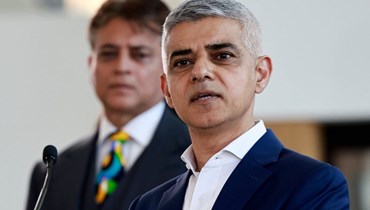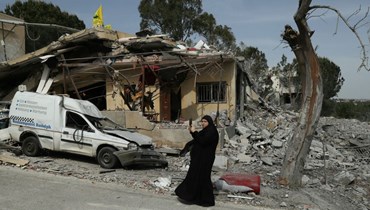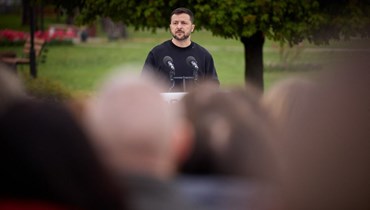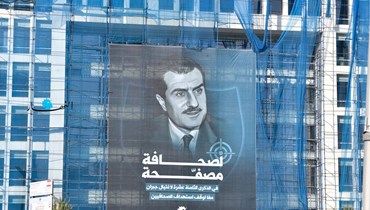YOUTH'S VITAL ROLE IN TACKLING CLIMATE CHANGE
19-10-2023 | 11:20
المصدر: النهار - Assma Awkal - Reham Al Rwdi - Heba El Hallak - Alaeddine Loueti - Diditta Rizk
Introduction:
Climate change is a topic that dominates today's discourse, often accompanied by terms like 'tomorrow,' 'our grandchildren,' and 'the survival of future generations.' These expressions tend to position global warming as a concern for the distant future. However, the recent onslaught of environmental catastrophes underscores the immediate and pressing nature of this issue. We must recognize that climate change is not a concern for tomorrow; it is a crisis that demands our attention today.
The critical question we face is who holds the key to addressing this urgent climate challenge. It is the youth, the most vital segment of our societies, who are acutely aware of the devastating impact of natural disasters. Nonetheless, since the question that always lingers is how youth can do it, this article aims to shed the light on the climate change crisis, and to explore the role of the youth as catalysts for change taking into account the importance of empowering it to take actions as well as seeking collaborations to amplify the positive change impact.
Section 1: The Climate Crisis
Climate change is happening, and everyone is aware of that since the news is continuously discussing the earth’s rising heat temperatures, the melting of the ice, and the rising of the sea level, which are resulting in numerous impacts such as floods and earthquakes. For instance, we need only look at the heart-wrenching scenes unfolding in the wake of earthquakes in Morocco and floods in Libya. These recent tragedies have claimed the lives of thousands, leaving countless others injured or displaced. They have shattered dreams, extinguished hopes, and transformed the lives of millions.
The MENA region, already burdened by prolonged conflicts and political instability, is particularly vulnerable to such disasters. Many of these nations cannot bear the weight of yet another calamity. Nevertheless, the resilience and determination of our youth, who refuse to be defeated, may hold the key to rebuilding these ravaged communities.
Section 2: Youth as Catalysts for Change
The youth nowadays are brainwashed to believe that they are victims of climate change. In fact, many internalize this stereotype and dwell over the fact that they were given a dimming planet, while unaware of their potential to deliver a blooming home to future generations. Youth are agents of change with countless resources like education and technology which enables them to identify vital solutions and secure breakthroughs our world needs. Past global and national crises have demonstrated youth’s ability to adapt quickly to change, a skill necessary in the process of adapting new policies to protect our globe. Thanks to globalization, youth now can collaborate with others from all over the world to spread awareness, vote on policies, and take initiatives to limit the effects of climate change. They often think outside the box and create innovative solutions that others might overlook, thanks to their enthusiasm, passion, and commitment to a sustainable future. They are armed with the resilience needed to challenge the conventional mindset and policies and lead the necessary transformative change to sustain our planet for future generations. Youth are the backbone of the future and empowering them to take the lead in detoxifying our globe is the first step into protecting our common future.
Section 3: Empowering Youth Action
The youth can contribute to battling climate change and its severe consequences in a variety of ways. Advocacy, whether done individually or in collaboration with environmental organizations, provides an effective opportunity to propagate knowledge and raise awareness about the current issue. By educating others on climate matters and demonstrating their passion and dedication, the youth may generate public interest in these topics and encourage others to volunteer for this cause. But awareness is not sufficient to guarantee this interest; rather, the youth should put what they advocate for into action by participating in diverse climate projects, such as clean-up and tree planting campaigns, and in demonstrations that demand political action in favor of the environment. Another valuable contribution can be through the promotion of sustainable living by reducing the amount of food wasted, following a healthy plant-based diet, shopping locally, and economizing power use. Lastly, the integration of climate change matters into research, whether it is done within their academic studies or as part of their advocacy, is fundamental as it allows youth to remain up to date with developments in the field and to familiarize themselves with different scholarly perspectives and approaches to the climate crisis.
Section 4: Amplifying Impact through Collaboration
The power of collective youth action is a remarkable force driving change in our world today. Youth-led climate movements have been at the forefront of this global shift. In the wake of devastating natural disasters striking Morocco and Libya within the past few days, the international community rushed to provide aid to both countries as they expressed solidarity with each other. The twin horrors of Morocco's earthquake and Libya's floods are a reminder that extreme weather caused by climate change is the new normal in the MENA region. Without constant, transnational monitoring, and a proactive approach from the youth, the situation can only get worse.
In this context, social media has served as a powerful megaphone for youth-led climate movements and organizations like Islamic Relief, British Red Cross, UNICEF, and Libyans in the UK, who have been actively using platforms such as X (previously Twitter), Instagram, and Facebook. They harnessed these channels to rally support, share urgent pleas for aid and funds, and provide solace to those affected in Libya and Morocco. This digital solidarity not only showcases the unifying potential of social media in times of crisis but also highlights the pivotal role these organizations play in amplifying the voices of the youth leading the charge for change.
Conclusion
In conclusion, youth stand in the first defense line against climate change, and they are the main stakeholders in advocating for climate actions since they are the bedrocks of the coming generations. Youth have the knowledge, creativity, and energy, and they should race against time to ensure a safe world and a sustainable future. Benefiting from education and technology to spread awareness of climate change, they can shape the attitudes and behaviors needed to achieve goals towards climate action for a better future.
Since we believe in the youth’s power and potential, we should put our utmost trust in them and show support to create solutions to climate change, this pressing challenge in our time, so we can drive positive change for the world's future. As a reader interested in environmental issues or simply thinking about climate change, you should seek solutions from your side for climate action as youth from all around the world are taking action into their own hands. Always take the 4Ps as your path in life: protect, prepare, prioritize, and prevent. The youth-led initiatives are your way, so join the movement for climate action, show support, and call for empowering youth actions.
Act today for a better tomorrow, and be in a rush not to lose your next days in life that are shrinking due to climate change in case you did not rush for climate action.
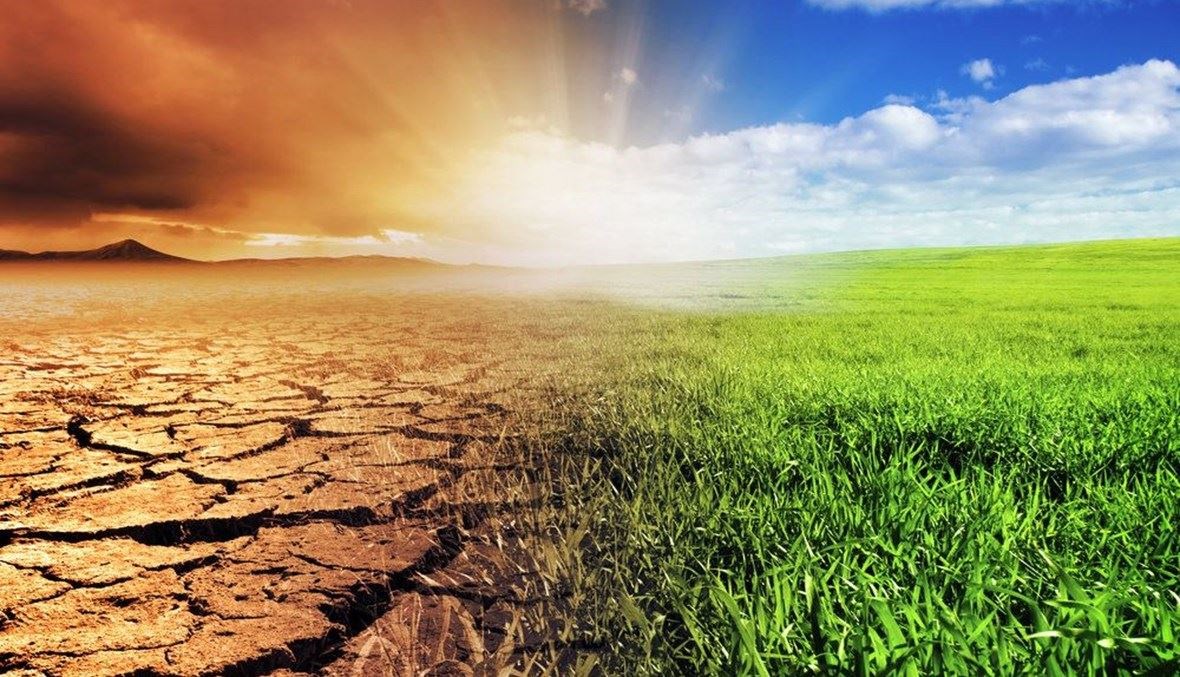

 اشترِك في نشرتنا الإخبارية
اشترِك في نشرتنا الإخبارية





